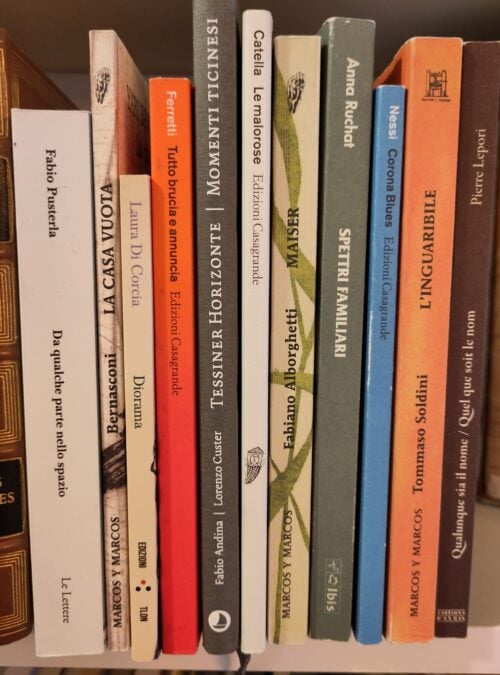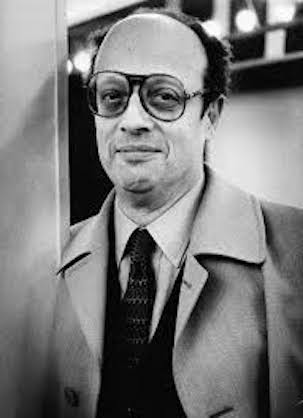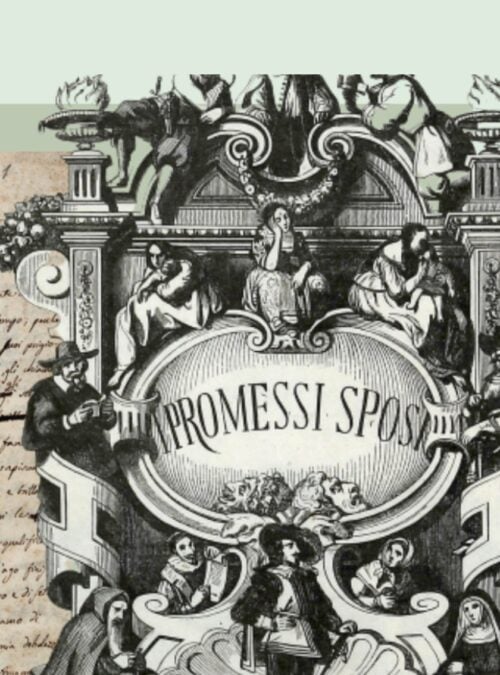Italian books in Albania
Author: Aurora Kenga

The information used to write this overview was obtained from the catalogue of the National Library of Albania, which assigns a unique ISBN code to every book translated and published by Albanian publishing houses. The National Library receives five copies of each book published, which are then catalogued and placed in its various collections.
The information provided regards books published in the period 2000-2020, but, as the National Library had not received copies of all the works published in 2020, only those received by December 2020 have been taken into consideration.
A general idea of the number of Italian authors translated into Albanian for each year of this twenty-year period is provided by the bar chart below.

A total of 251 authors were counted. They included:
Classical authors.
Francesco Petrarca, a selection of lyric poems from Il Canzoniere (Lirika të zgjedhura nga Canzoniere, Infobotues, 2004).
Dante Alighieri is one of the most translated Italian authors in Albania, with Albanian publishing houses frequently bringing out new translations or republishing existing translations, also because his works are in the national school curriculum. Between 2003 and 2018, the Divina Commedia, either the complete work or one of its three parts separately, was published or republished fourteen times by six different publishing houses. Three translators were involved: Pashk Gjeçi, Mark Ndoja and Meritan Spahija. In addition to the translations, there are also works of commentary, such as Ferri, Lexim i përzgjedhur dhe i komentuar (The Inferno, selected readings and commentary, translations by Pashko Gjeçi, Albas 2003), and critical studies, such as Antonio Scarelli’s Të vërtetat shkencore të “Komedisë Hyjnore” të Dante Alighieri-t (In search of science in Dante Alighieri’s “Divina Commedia”, translations by Pashko Gjeçi, Jozef, 2017).
Giovanni Boccaccio’s Decamerone, translated in 1992-1993 by two exceptional translators, Ali Hashorva and Shpëtim Çuçka, was republished in its entirety in 2020 by the publishing house Toena.
A selection of Giacomo Leopardi’s works is contained in Antologji e prozës dhe poezisë (Logoreci, 2001), while Mbi poezinë e Mikelanxhelos, edited by Mihal Hanxharim (Elena Gjika, 2000), is dedicated to Michelangelo Buonarroti, the poet.
Strega Prize winners.
The list of publications in the National Library during the period in consideration reveals that authors who won the Strega Prize, the most important literary prize in Italy, account for a considerable number of literary translations from Italian into Albanian. Twenty-four Strega Prize winners have been translated into Albanian. They include: Alberto Moravia (twelve translations, eight publishing houses and eleven translators); Dino Buzzati (eleven translations, five publishing houses and seven translators); Umberto Eco (seven works, six translators and three publishing houses); Alberto Bevilacqua (four works, four translators and three publishing houses); Dacia Maraini (three translations, three translators and three publishing houses); Natalia Ginzburg (two translations, two translators and two publishing houses); Melania G. Mazzucco (Vita, translated by Xhimi Lazri for Dora D’Istria in 2006 and by Mimoza Hysa for Albas in 2016); Niccolò Ammaniti (two translations of Io non ho paura, one by Mimoza Hysa for Ombra GVG and the other by Yllka Beshirja forr Dudaj; two other works translated by Yllka Beshirja and Hysen Sinani, once more for Dudaj); Tommaso Landolfi (one translation by Kalara Kodra for Elite in 2000); Primo Levi (two editions of Se questo è un uomo, translated by Genc Pjetri in 2002, published by Pegi; a translation of La tregua translated by Aida Baro in 2017, also published by Pegi); Dacia Maraini (three translations, three translators and three publishing houses); Margaret Mazzantini (three translations by Mimoza Hysa and Pardi Teferiçi for the publishing house Ombra GVG); Elsa Morante (two translations, one by Romina Kasharaj for Living, and the other by Agim Doksani for Pegi); and Sandro Veronesi (three translations, two translators and two publishing houses). The other Strega Prize winners published during the period in consideration are Maurizio Maggiani, Claudio Magris, Giorgio Montefoschi, Francesco Piccolo, Alessandro Piperno, Giuseppe Pontiggia, Ugo Riccarelli, Walter Siti, Mario Soldati and Domenico Starnone. A closer look at the information available reveals that Dituria was the publishing house to publish the most works of Umberto Eco, Toena and Sait the most works of Alberto Moravia, and Ombra GVG the most works of Buzzati and Mazzatini. The translators include Aida Baro, Mimoza Hysa, Agim Doksani, Alma Hafizi, Diana Çuli, Diana Kastrati, Donika Omari, Dritan Çela, Durim Taçe, Eri Tafa, Edvin Cami and Erion Gjatolli, but there were, of course, many others. It is also thanks to the contributions received from the Italian Ministry of Foreign Affairs and International Cooperation through the Italian Cultural Institute in Tirana that many of these authors were able to be translated and published in Albanian.
Italian Nobel Prize winners.
Italian authors who have won the Nobel Prize for literature and been translated into Albanian are: Grazia Deledda, with two editions, in 2004 and 2016, of her novel Canne al vento, translated, respectively, by Violanda Cako and Romina Kasharaj; Eugenio Montale, with four works translated by four different publishing houses; Luigi Pirandello, with eleven of his novels and plays translated by eight translators, including Amik Kasoruho and Klara Kodra; and Salvatore Quasimodo, with two works published by two different publishing houses.
Literature for children and young adults.
There have also been a considerable number of translations of Italian books intended for children and young adults. The most translated author of all in this field is Gianni Rodari, with twenty-one translations for twelve publishing houses by fourteen translators. He is followed by Carlo Collodi, with fourteen editions of Pinocchio published by thirteen publishing houses, involving thirteen translators. There are five translations, published by six different publishing houses, of Edmondo De Amicis’s novel Cuore, which is included in primary school programmes in Albania; Marcello Argilli has had four works translated by two translators for three publishing houses. Forty-four of the Geronimo Stilton books have been translated, all by Agim Doksani for Pegi. Agim Doksani and Pegi are also the translator and publisher of the four Tea Stilton books to be published. Two other authors who need to be mentioned are Bianca Pitzorno and Giuditta Campello. Five of Pitzorno’s books have been translated, by Afrim Spahiu, Lejbjana Hyseni and Dhurata Shehri for three different publishing houses, while four of Campello’s books have been translated, by Rudina Çupi for Albas.
Poetry
Italian poetry has been translated into Albanian by several publishing houses. In addition to Quasimodo and Montale, already mentioned among the Nobel Prize winners, mention should also be made of Alda Merini, with two works published, Mishi i engjëjve (Pika pa sipërfaqe, 2012) and Lëkura e shpirtit (Adonis, 2014), translated, respectively, by Lisandri Kola and Aqif Hysa. There have also been Italian poetry anthologies edited by prominent figures from the world of Albanian literature, such as Poezi italiane e shekullit XX (Italian poetry of the XX century), edited by Klara Kodra (Elena Gjika, 2000).










